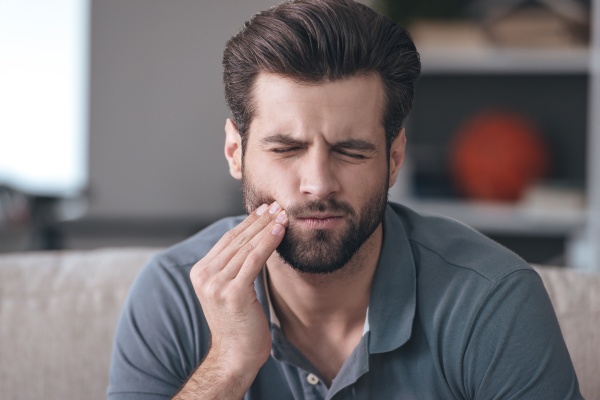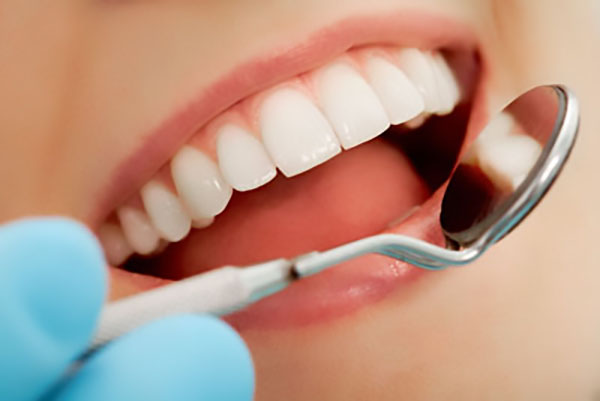When Is Dental Sedation Recommended?

There is some fear around the use of dental sedation and sedation use in general, but there are instances when it is necessary. Understanding the reasons why dentists recommend and use sedation can put people at ease. It can also help an individual have informed conversations with a dentist about when such a treatment may be necessary.
Situations when dental sedation is used
There are many instances when dentists may use sedation. Often, the dentist will discuss the treatment options and the associated details with a patient before beginning any procedure. Sedation is part of those details. As such, it is important for people to understand how it can be used to make a dental visit easier for patients, dentists and staff.
1. To calm people down
There is a great deal of fear associated with visiting the dentist, whether it is due to uncertainty or bad previous experiences. This can affect people of all ages, and dentists are acutely aware that many people are nervous. Sometimes, the wisest course of action is to use dental sedation as a way to calm patients down so the dentist can safely perform the necessary work. A dentist can use multiple forms of sedation, but in this situation, a mild form is usually used that simply helps a patient relax but not fall asleep. This is especially helpful in children and those with special needs.
2. To perform procedures
Patients are often tense and stressed when undergoing a dental process. Sometimes, certain procedures can be done more easily if the patient is unconscious or relaxed. This is especially true for tooth extractions, such as wisdom teeth removal. To complete the work safely and accurately, a dentist may suggest dental sedation although the type may be based on the individual and the procedure.
For people who have extreme anxiety about dental office visits and any of the work performed, asking the dentist about sedation is a good idea. The dentist can listen to a patient’s worries and decide whether sedation is the best option.
3. To lessen pain
A dentist may use sedation to decrease the amount of pain a patient may feel during a procedure. For example, full sedation is usually used for root canals while local anesthesia is used for cavities. The dentist waits for the sedation or anesthesia to take effect before beginning any procedure. In instances where it is used for cavities, additional local anesthesia can be applied as necessary. Sedation for surgeries is recommended to keep a patient relaxed, reduce the pain and allow the dentist to safely perform the operation although the main benefit a patient receives is the absence of pain.
Conclusion
There are instances when dental sedation is recommended by dentists to reduce pain, perform surgeries and help patients relax during a visit. A dentist can thoroughly discuss the various options and uses of each kind of sedation if it is something a person is worried about.
Request an appointment here: http://www.eagledentalca.com or call Eagle Dental at (760) 244-0599 for an appointment in our Hesperia office.
Check out what others are saying about our services on Yelp: Read our Yelp reviews.
Recent Posts
Routine dental care may be on hold, but you might wonder about emergency dentistry. If you have a dental emergency, you can still get the care you need. This is even more the case if you have a life-threatening issue, such as an infection. Read on to learn more about what to do if you…
While cosmetic dentistry does aim to improve appearance, it also focuses on the function of the teeth. Cosmetic dentists often perform certain procedures that help enhance the teeth, while also ensuring that the procedure will benefit the tooth's health and functionality.Inlays and onlays are two common types of fillings that work to improve appearance and…
An emergency dentist has the ability to do just as much as a traditional dentist can, which includes prescribing medication for injuries. Mediations can help speed along the healing process, and in some cases, it may be necessary in order for healing to take place at all.Want to know if an emergency dentist can provide…
Do you think a general dentist only performs dental procedures? While general dentists do perform many types of restorative and cosmetic dental procedures, they also place a large focus on educating their patients. Patient education is essential, as this allows patients to understand what they can and/or need to do in order to experience good…


